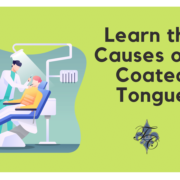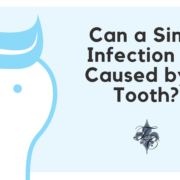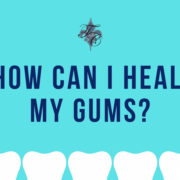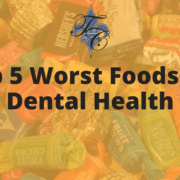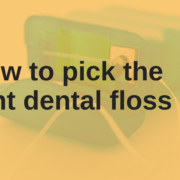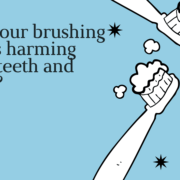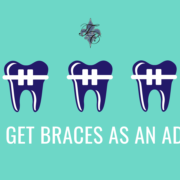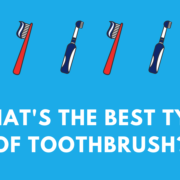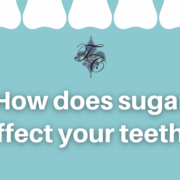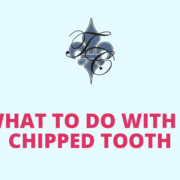Learn the causes of a coated tongue
Have you ever noticed discoloration on your tongue? This can occur due to something you ate or drank, like blue icing on a cake or bright red fruit punch. But sometimes, the tongue can take on a whitish cast, and appear paler than normal or visibly white, known as the coated tongue. In extreme cases, a person speaking to you may be able to see the discoloration on your tongue.
It can make you uncomfortable and may prevent you from socializing. This problem can occur due to minor issues or severe health conditions. Therefore, it’s vital to get yourself checked after noticing a coated tongue.
Why is my Tongue White?
When your tongue turns white, it’s because the papillae, the tiny projections that coat your tongue, have become swollen or overgrown. When this happens, your tongue is prone to catching and holding onto dead cells, bacteria, or debris within your mouth. All of these things build up on the surface of the tongue, giving it a white appearance.
What is the Root Cause of a Coated Tongue?
Generally, a coated tongue is not a cause for alarm. It can be something as simple as having dry mouth, or if you have a cold and just aren’t talking that much! There are a number of different things that are responsible for a white tongue. The most common causes of coated tongue include:
- Dry mouth
- Dehydration
- Congenital heart disease
- Smoking
- Poor oral hygiene
- Alcohol use
- Breathing through the mouth
- Eating primarily soft/mashed foods
- Irritation from sharp edges of the teeth or dental work
- Fever
Some serious conditions that can cause the coated tongue include:
- Certain medications
- Leukoplakia
- Oral thrush
- Oral lichen planus
- Geographic tongue
- Mouth or tongue cancer
- HIV/AIDS
- Syphilis
Treatment of Coated Tongue
White tongue or coated tongues, in most cases, is harmless and resolves easily. Simply use a tongue scraper, or brush your tongue when you brush your teeth and drink plenty of water. The combination of agitating the surface of the tongue, along with proper hydration, will break up the coating of debris and bacteria and rinse it away. This will allow the swollen papillae to return to their original condition, as they’re no longer surrounded by bacteria.
If following these steps does not resolve your coated tongue over the course of several weeks, if it hurts, or if you simply want to rule out the risk of serious health problems, talk to your doctor. If you suspect that poor oral hygiene is the reason for your coated tongue, your doctor will give tips on maintaining proper oral health.
Prevention of White Tongue
You can prevent white tongue by practicing excellent oral hygiene. Make sure to get a checkup every six months from a reputable and experienced dentist in your locality. Try to brush your teeth at least twice a day and floss once a day. Adding more natural foods to your diet and cutting out processed carbohydrates is a good way to improve your oral health.
If you develop coated tongue problem, then stop consuming tobacco and alcohol, as they are major contributors to poor oral health. Also, people who are struggling with this problem must visit the doctor regularly to rule out underlying diseases.
Bottom Line
Although coated tongue is a common issue and can affect children and adults, it’s important to determine the cause of the problem. This will help you prevent serious health conditions and even give you clues about what chronic problems you face.
If you are struggling with white tongue and want to improve oral health, visit Tim Chauvin, DDS & Associates. Not only do we offer treatment options, but our doctor, Dr. Chauvin, also helps you determine the reason for this problem. So, don’t wait, and book an appointment to get your oral health back on track!

